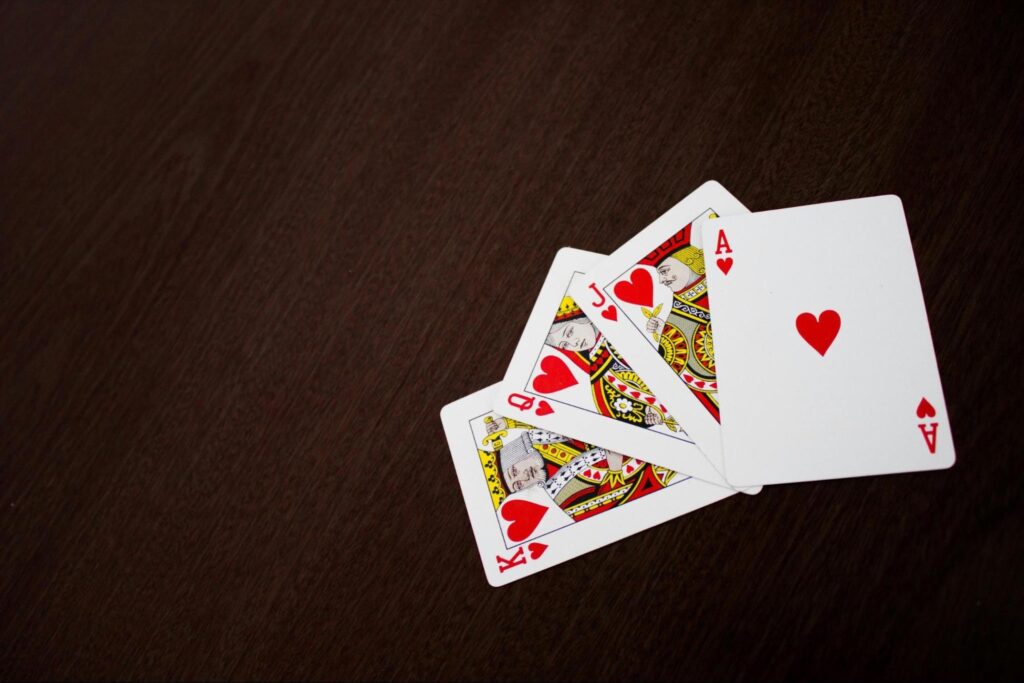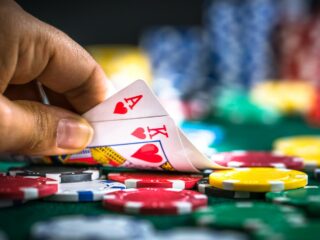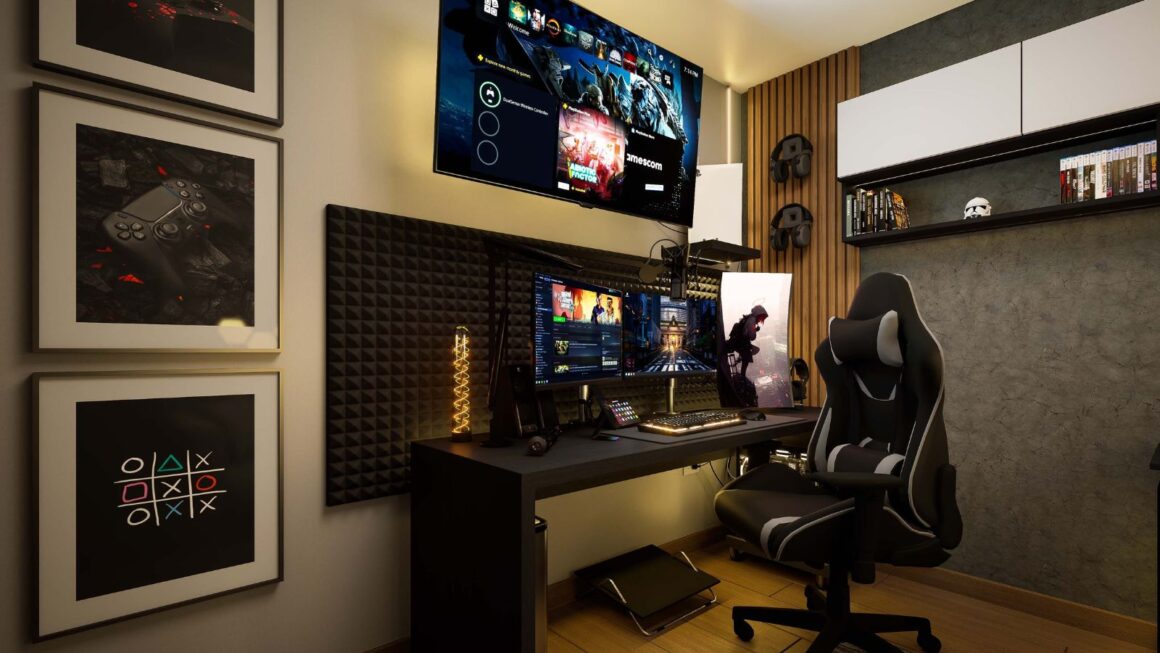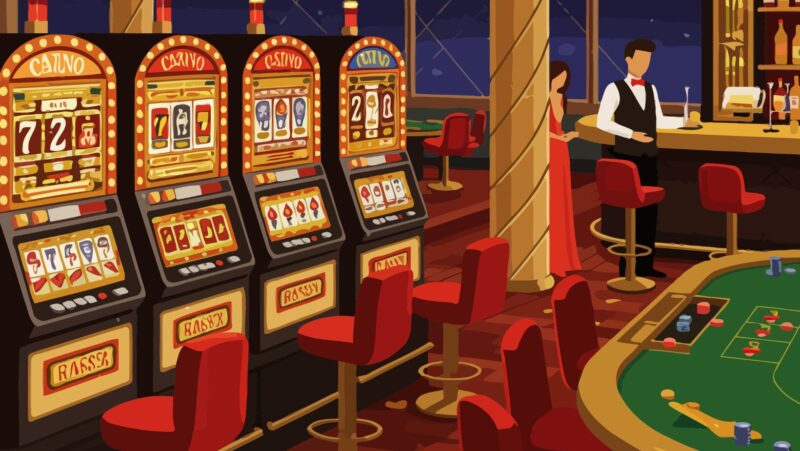
Some say poker is all numbers—odds, percentages, and pot equity. While math matters, it’s only half the story. If it were just a game of spreadsheets, it wouldn’t keep hearts racing for hours. What really drives the game are the intangibles: the glances, gut-checks, and that sixth sense that something’s off—even when the math says it’s not.
Where Practice Meets Play: Tools That Sharpen Your Edge
In a game where instinct and psychology carry as much weight as cold, hard math, the good players seek every edge they can get. That’s where training tools and modern apps come in—not just for beginners, but for seasoned pros refining their craft. From tracking stats and analyzing hand histories to simulating scenarios with friends on mobile poker apps, practice has gone digital.
Whether it’s analyzing past mistakes or staying sharp between live games, today’s leading poker apps offer a space to hone timing, test strategies, and build confidence—without the pressure of the real stakes. Many apps also include built-in equity calculators and opponent tracking features, helping players make smarter and faster decisions. Others offer multi-table practice and AI-generated hand analysis, giving users the chance to simulate real tournament pressure in a risk-free setting.
(Source: https://www.cardplayer.com/online-poker/great-poker-apps )
In the modern era, sharpening that edge isn’t just about playing more hands—it’s about training smarter. That’s why digital tools have become essential for refining both strategic thinking and intuitive play, bridging the gap between calculated logic and the subtle art of reading the room.
Reading the Room: Intuition Isn’t Just for Poets
Intuition gets a bad rap in analytical circles, like it’s some vague whisper that shouldn’t be trusted. But in poker? It’s gold. No one pulls a rabbit out of a hat because the odds said it was the right move. Players rely on that inner murmur—the strange sensation that the story across the table just doesn’t add up.

It’s not magic—it’s muscle memory and pattern recognition embedded in the subconscious after thousands of hands. A twitch, a breath, a raise that’s just a little too polished—those subtle signals won’t show up on any chart, but seasoned players spot them instantly. It’s the kind of instinct that doesn’t come from books; it’s shaped by repetition, daily rituals that sharpen the mind, and the hours no one sees.
And let’s face it—some of the boldest moves at the table aren’t backed by odds or logic. They’re born from a gut feeling, a heartbeat, a flash of intuition. Players talk themselves into hands they “shouldn’t” play, only to flip over the cards and prove they were right all along. Try telling them it was just luck.
The Capricious Dance of Luck
Regardless of experience, luck is always an unpredictable dance partner in poker. The randomness of each hand means that even beginners can occasionally outshine seasoned players. But while chance adds thrill and humility to the game, it’s strong decision-making skills that ultimately shape long-term success and tip the balance away from luck.
Mastering poker is about weaving together analytical prowess with human insight. While statistical knowledge sets the stage, it’s the nuanced reads, emotional awareness, and adaptability that often dictate success. Players who seamlessly integrate these facets position themselves to navigate the game’s uncertainties more adeptly.

Poker transcends mere mathematical strategy. It’s a dynamic interplay of logic, intuition, emotional acuity, and the ever-present twist of fate. Embracing this complexity not only enriches the playing experience but also mirrors the multifaceted nature of decision-making in life itself.
Poker Faces Lie—Emotions Don’t
Now let’s talk about emotion, because whether players admit it or not, everyone brings their baggage to the table. Tilt, overconfidence, fear, bravado—it’s all there, simmering under the surface. The good players? They read it like an open book and flip it to their advantage.
Ever seen someone slam chips into the pot after a brutal loss? That’s blood in the water.
They’re not thinking clearly—they’re steaming. And while math might suggest folding, reading that raw emotion might convince a player to strike. Poker isn’t just about solving equations; it’s about solving people.
Sometimes, the smartest move is spotting hesitation—or the sudden silence of someone who usually dominates the conversation. Emotions leave traces everywhere, and those who’ve mastered the visual recognition of emotional cues often gain an unexpected edge. It’s psychology in motion, combined with timing, nerve, and a sharp instinct.












